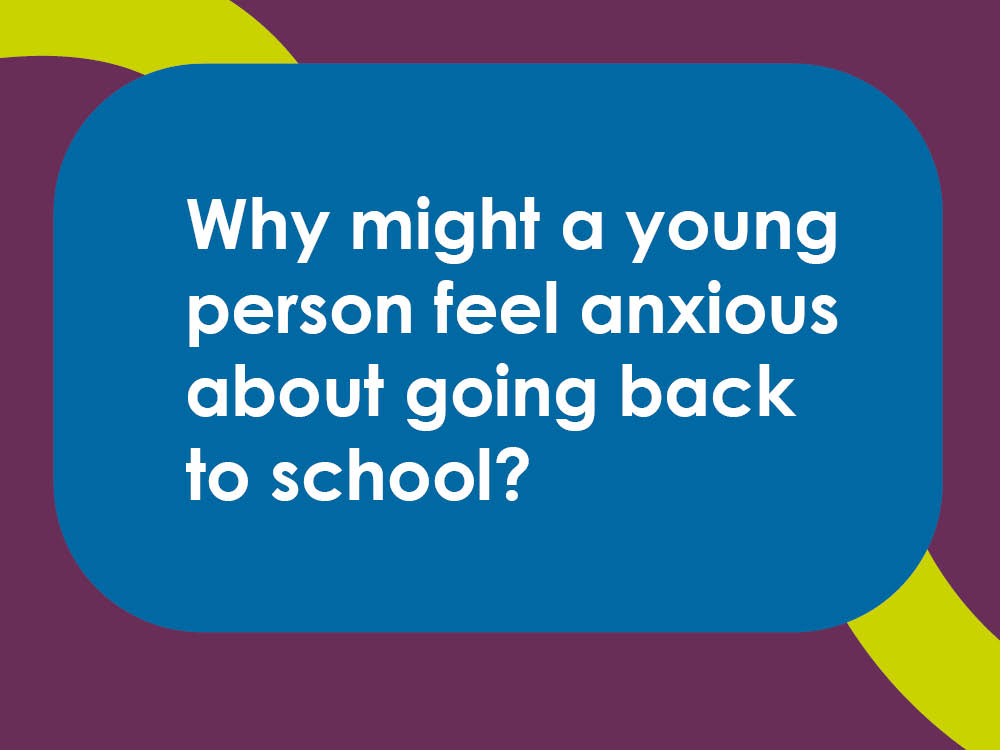
These feelings can be particularly intense during big transitions, such as moving from primary to secondary school, starting sixth form, or returning after a difficult term.
At Cygnet, our Child and Adolescent Mental Health Services (CAMHS) teams work with young people every day who are navigating feelings of anxiety. Here, our mental health specialists share reassurance, insight, and practical tools to help families prepare for a smoother return to school.
Anxiety doesn’t always have one clear cause. Often it’s a combination of factors building over time. Understanding the why behind these feelings can help young people and parents respond with empathy and support. Common triggers include:
-
Fear of the Unknown
Starting a new school, having new teachers, or adjusting to a new timetable can be overwhelming. Children might worry: “Will I fit in? What if I get lost? What if I can’t cope with the work?”
-
Academic Pressure
Many young people feel anxious about keeping up, achieving high grades, or understanding lessons. For those with learning difficulties or those who struggled before, the thought of academic challenges can be especially daunting.
-
Social Worries
Friendships can change over the summer. A child might worry about whether they’ll still be included, fear bullying, or feel self-conscious about how they look or behave. Social anxiety can also stem from feeling different, misunderstood, or unsure how to connect with peers.
-
Separation Anxiety
For younger children – or those who’ve spent a lot of time at home – the shift away from the comfort of family life can be difficult. This can show as clinginess, tears, or even physical symptoms like stomach or headaches.
-
Previous Negative Experiences
If the child had a tough time in school previously, due to bullying, learning difficulties, behavioural issues, or a difficult relationship with a teacher, these unresolved feelings can resurface at the thought of going back.
-
Changes in Routine
From relaxed mornings and late nights to early starts, structured lessons and homework, young people may find adjusting to the routine of school jarring.